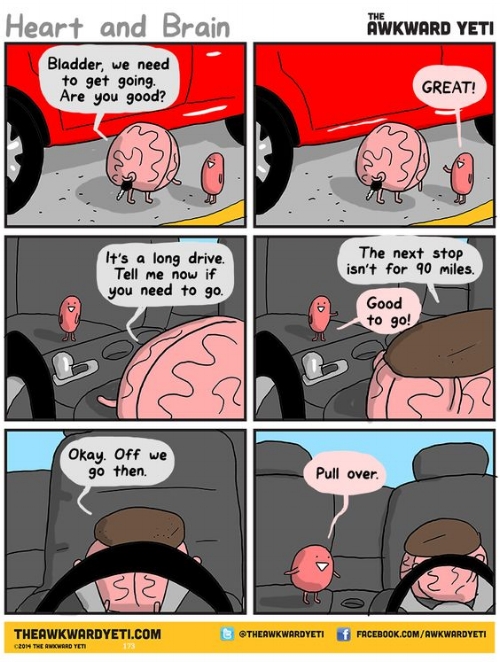Over thirty years ago I started meeting with college students for Bible study, discipleship, encouragement and accountability. In all those years I’ve never met a Christian who said, “Gosh. I guess I just have too much of God’s love.” Usually, the reality was closer to the opposite, people in trying circumstances and eager to sense more of God’s love and comfort. These weren’t people who lacked faith, rather, these were people with strong faiths who invest in building their faith. I’ve felt this myself, and however much of God’s love I might have ever felt, I’ve never felt so much that I didn’t wish for more.
Christians love challenges to grow in all kinds of ways, Scripture study, service, prayer, accountability and more - all good things of course but I’ve never heard of anyone offering a challenge to help Christ-followers grow in how much of God’s love I walk in on a daily basis. Maybe that was for some good reason but I haven’t heard one yet.
You could say that every spiritual act we engage in connects us with God’s Love but I believe that there’s more available from God for us. Much more. You could essentially say the same about worship and yet every church service includes specifically a worship portion, a sermon from Scripture, giving, and so on. So it strikes me as strange that Christian culture isn’t permeated with a number of practices focused on God’s love. That was after all God’s “raison d’etre” - or at least I believe John 3:16’s declaration that “for God so loved the world is His reason for sending His Son and I believe this plan was begun at the very beginning of everything.
One of the most important passages of the Old Testament is Deuteronomy 6:-9: which includes the words “You shall love the Lord your God with all your heart and with all your soul and with all your might.” NASB. This isn’t just how God wants us to think of Him this mirrors how His own motivation. It’s how we calibrate ourselves along with His purposes if you will. Jesus’ own reference of this passage not only appears in three of the four Gospels (Matthew 22:34-40, Mark 12:28-34, and Luke 10:25-38). The two greatest commandments are to Love God and Love others. We spend a lot of time talking about so many other commandments, but these often get glossed over or spoken of as if they’re “impractical”.
Jesus raises the bar quite a bit in His teaching as He goes on to say “Love your enemies” in Matthew 5:44, and by the end of that first chapter of the Sermon on the Mount implies that loving all even enemies is essential to the Life God sent Jesus to teach us how to have. Oh, my word! Enemies too? What if there’s a connection between this Love and the Abundant Life He promises us (John 10:10). That abundant life Jesus talks about is another thing I would like more of, how about you?
Some might consider so much love to be indulgent and a way to get out of obedience, but this is not a Biblical reading of Love as Jesus taught it to His followers and as they further wrote of it in their Epistles instructs us that obedience is as essential to love as love is an essential act of obedience. In fact, I believe that they balance one another. Love without obedience loses purpose and focus pretty quickly. And I believe we’re all familiar with what the kind of legalism that results from obedience without Love. I think the best way to see these is as the left leg and right leg, or even left-brain and right brain.
In our wider culture, in our individual lives, I’m afraid I’ve lost count of the times I’ve heard students and alumni struggle with facing legalism and judgment but it’s not been difficult to count the number of times students and alumni have experienced remarkable love.
And yet I am convinced that God has an enormous abundance of His Love ready and available to give us - directly in our times of prayer, study and meditation with Him, as well as in our interactions with one another.
Seems to me like one leg is significantly stronger than the other.
What could happen if we had two equally strong legs? What would it be like to have not just an abiding sense of the value of obeying God’s commands, but also a profound and life-giving sense of His eternal love for us? Can we do this? What if being strong in Love made obedience easier?















































































































































